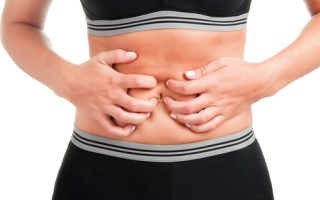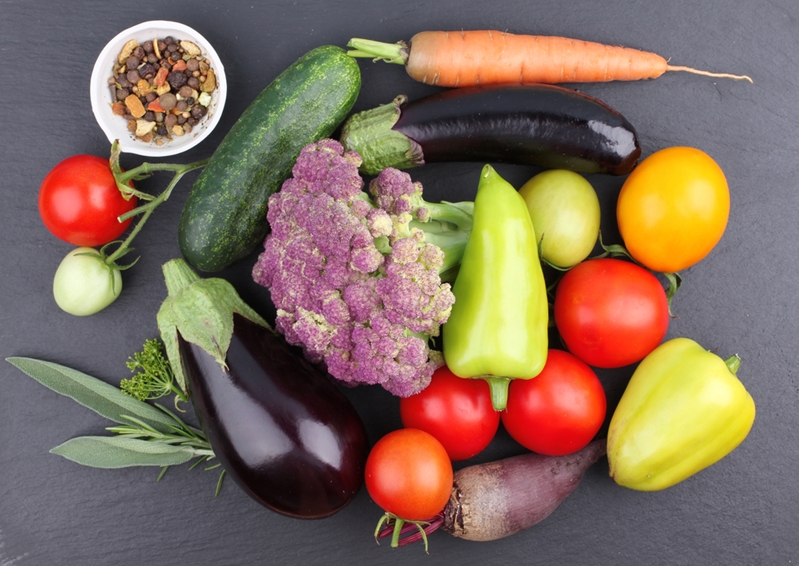
While the GAPS Diet has helped many with digestive complications, it doesn't affect everyone the same way. According to the National Institute of Diabetes and Digestive and Kidney Disease, constipation is one of the most common digestive problems in the United States, and sometimes this digestive problem worsens in the diet's earliest stages.
If constipation is an issue for you, Dr. Campbell-McBride recommends that you move more quickly through the diet's initial stages, adding freshly pressed juices and a GAPS milkshake earlier on in your transition. If constipation persists, you may have to start with the full GAPS diet instead of moving through the standard introductory phases.
If you want to introduce juicing sooner, you can use a mixture of fruits and vegetables, such as oranges, celery, apples, carrots, cabbage, beet root and greens. Then, whisk in one to two raw eggs and a generous dollop of homemade sour cream.

These ingredients will provide magnesium, among other nutrients, which can help relieve constipation. Additionally, making your own cultured sour cream can add probiotics to the mix, which could also help treat the problem, according to Harvard Medical School.
Dr. Campbell-McBride suggests drinking this "milkshake" first thing in the morning, about 20 to 30 minutes before breakfast. It may help stimulate bile production, which is important since poor bile availability is a common cause of constipation. Some individuals find it useful to temporarily supplement with Oxbile or bile salts until the liver is able to produce healthy levels of bile on its own. Taking digestive enzymes with each meal may also be helpful.
Additionally, Dr. Campbell-McBride recommends adding more cooked vegetables, gelatinous meats and animal fat to your meals while reducing muscle meats. You may also replace yogurt and kefir, a high-protein dairy, with homemade sour cream, a high-fat dairy.
Fermenting your own dairy products, like sour cream, breaks down the milk protein casein, which GAPS patients have difficulty digesting, and consumes most of the milk sugar, lactose. Even if you start with pasteurized milk, fermentation at home can do a lot to restore the nutritional value and add beneficial bacteria to your GI tract.
For additional help, you may also benefit from consulting with a Certified GAPS Practitioner. They're able to tailor the protocol to fit your individual health care needs. For more information about the GAPS Diet and tips for getting started, please visit the rest of our website.

